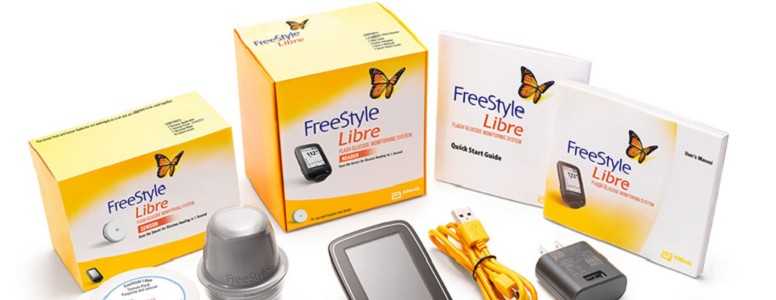The FreeStyle Libre has been approved for use in pregnant women with type 1 diabetes, type 2 diabetes and gestational diabetes.
The Abbott device has been CE marked for use in pregnancy in diabetes in Europe following a series of trials that showed the FreeStyle Libre to be safe and effective.
The FreeStyle Libre delivers what is known as ‘flash glucose monitoring’, with users obtaining blood glucose readings by scanning a sensor worn on the back of the upper arm rather than pricking a finger.
A number of studies have shown the device’s benefits, which include less time spent in hypoglycemia. As yet, the Freestyle Libre is not available on prescription on the NHS.
One of the major trials into the FreeStyle Libre was the IMPACT clinical trial. Compared to normal blood glucose testing, Libre users had less hypos, including at night, and were shown to have improved blood glucose control.
Pregnant users have found using the device less stressful, less painful, easier to use and more discreet than finger pricking, Abbott reports.
Regular monitoring of blood glucose levels is important for pregnant women with diabetes, who are particularly at risk of both high and low blood sugar. The Libre’s flash monitoring will offer a new treatment to improve blood glucose control.
“The approval of the FreeStyle Libre product for use during pregnancy will increase the quality of life for pregnant women while also helping them to more closely and effectively manage their diabetes,” said Dr Eleanor Scott, Senior Lecturer in Medicine, Leeds Institute of Cardiovascular and Metabolic Medicine, University of Leeds.
“This is particularly true for women who have developed gestational diabetes and are managing a new condition while also dealing with all of the usual challenges of pregnancy.”
What's new on the forum? ⭐️
Get our free newsletters
Stay up to date with the latest news, research and breakthroughs.







